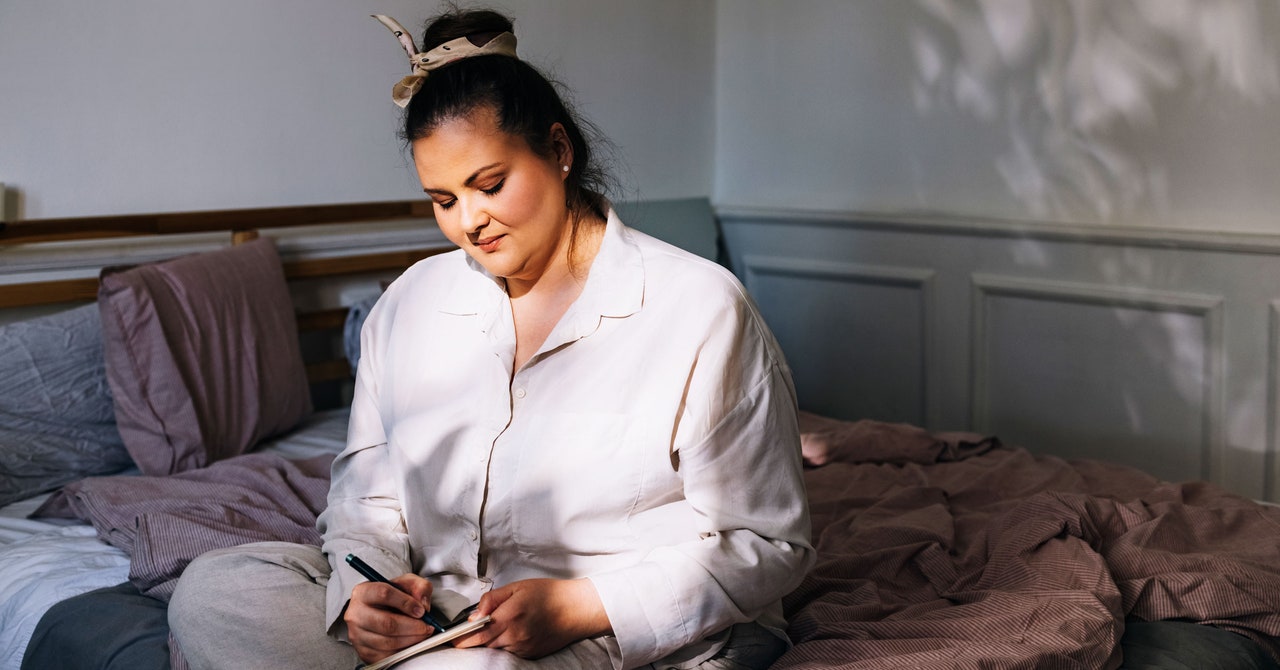
Linda Boiler, who researches public mental health at the Trimbos Institute in the Netherlands and was not involved in this study, compares well-being to a vaccine that can protect people when they run into tough situations. “Maybe we shouldn’t aim for ‘happy’ all the time,” she says. “It’s more fruitful to equip people with the skills and the tools to make their minds healthy and to cope with the challenges they meet and the problems that they have.”
Boiler says that because online courses can reach thousands, they can have a big effect on society, even if the effects on individuals are small. “You still can have a public mental health impact because on the whole population, the whole well-being is improved a little bit,” she says. But, she points out, online classes often don’t reach the elderly, who can be prone to isolation, or economically disadvantaged groups who may not have the time or money for school, or people who can’t easily access online platforms.
For those who do sign up, there’s also the problem of maintaining momentum. In Hood’s class, students received course credit. But in the real world, there’s little incentive to keep people engaged. Low course completion is a pervasive problem; some studies suggest under 10 percent of students who enroll in online courses finish them.
To date, enrollment for Santos’s Coursera class tops 3.8 million, but in the paper documenting its effectiveness, she and her colleagues note that thousands of participants couldn’t be included in their results because they didn’t complete the course, didn’t finish the surveys, or rushed through the class so quickly the researchers determined they couldn’t have completed the assignments properly.
It’s also not clear how long the benefits of these classes last. As with eating healthy or exercising, it can be hard to keep up good mental health habits. Boiler says that as people routinize practices like writing down things they’re grateful for, it gets easier to keep going. For most participants, however, Hood suspects that the gains will slowly fade. “I do think that for some people it is life-changing,” he says. “But overall, I would imagine most people will go back to their baselines.”
Introducing these concepts at an earlier age could help, he suggests, as would including them in continuing education courses required for professionals, like doctors, pilots, and lawyers. Santos is already working on a class for middle and high school students.
Hood counts himself among the adults whose lives have been changed by happiness classes. He was, he admits, initially a skeptic. “When I heard about this, I thought, ‘Aw, come on, you’ve got to be kidding me,’” he says. “But it does work.”
Practicing what he teaches has made Hood feel less competitive. He meditates, something he never dreamed of doing before. But, he says, “It’s the data which convinced me. The fact that we’ve done it repeatedly each time with a variety of different cohorts suggests that there is something to this.”
More Great WIRED Stories


